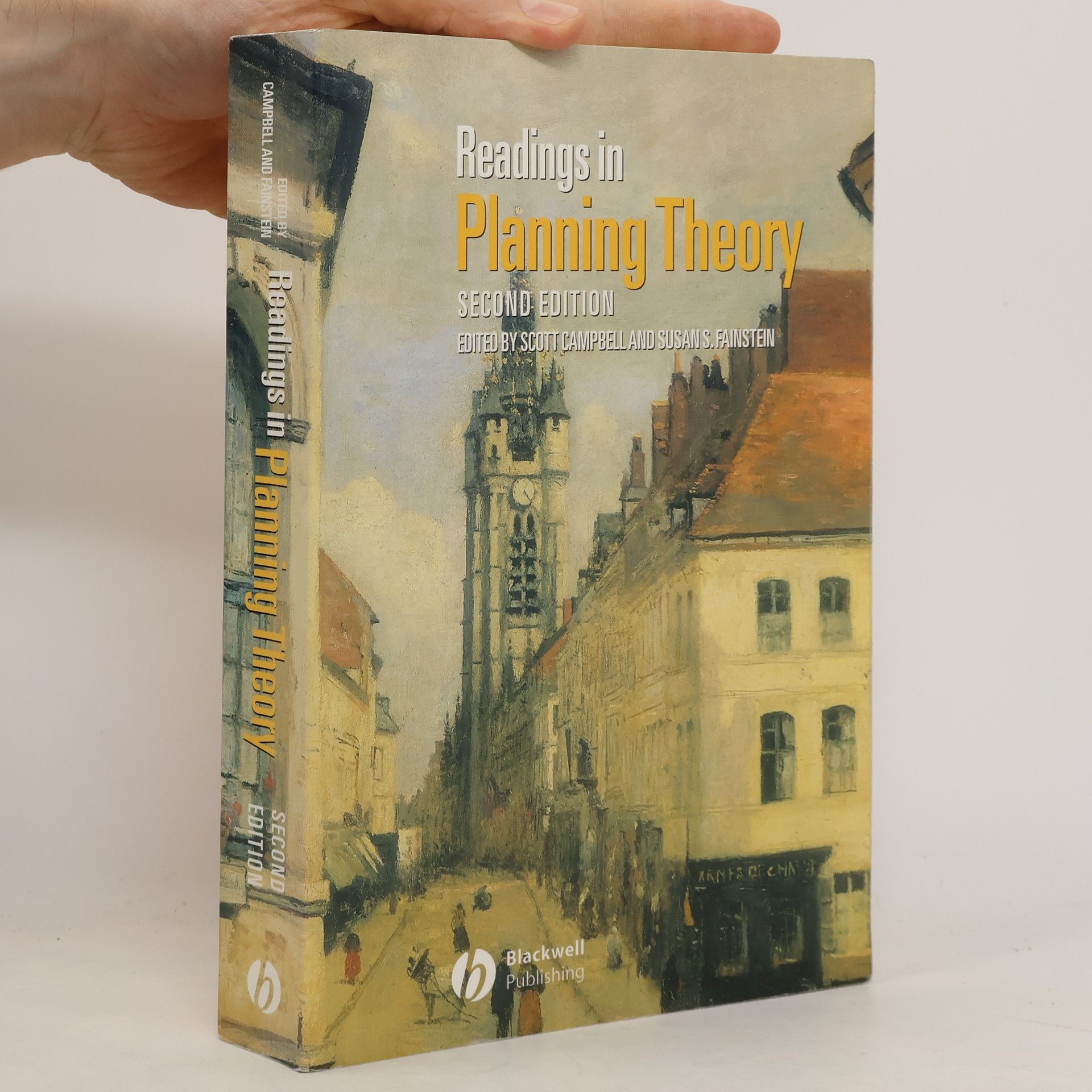Readings in Planning Theory - Second Edition
- 488 pages
- 18 hours of reading
The second edition of this very successful volume examines the current state of planning theory and the new directions it has taken in recent years.
Susan S. Fainstein is a political theorist and scholar of urban planning whose work centers on the concept of the just city. Her research examines the distributive effects of urban development strategies and megaprojects. She also explores the role of democracy and community control within local public institutions. Fainstein endeavors to establish a moral theory of the just city, emphasizing equity and social justice.

The second edition of this very successful volume examines the current state of planning theory and the new directions it has taken in recent years.